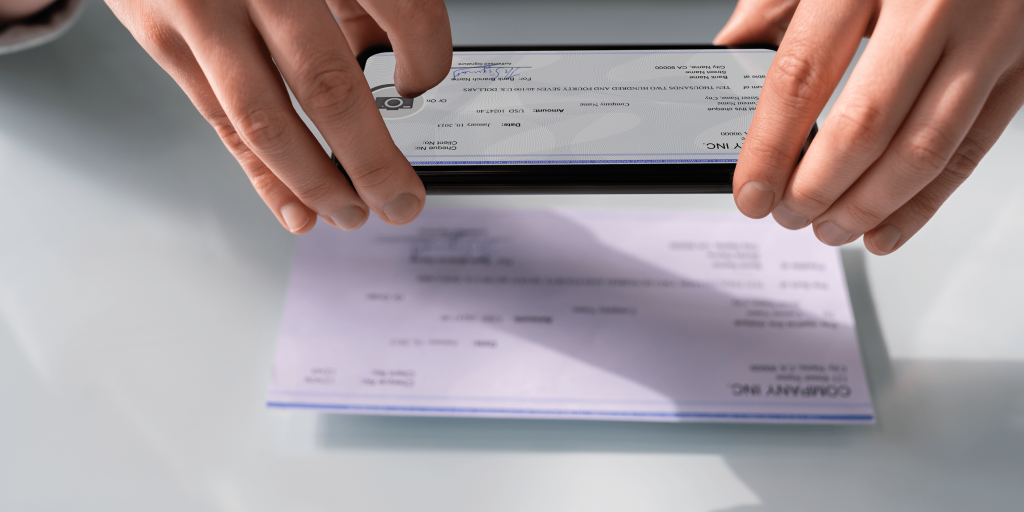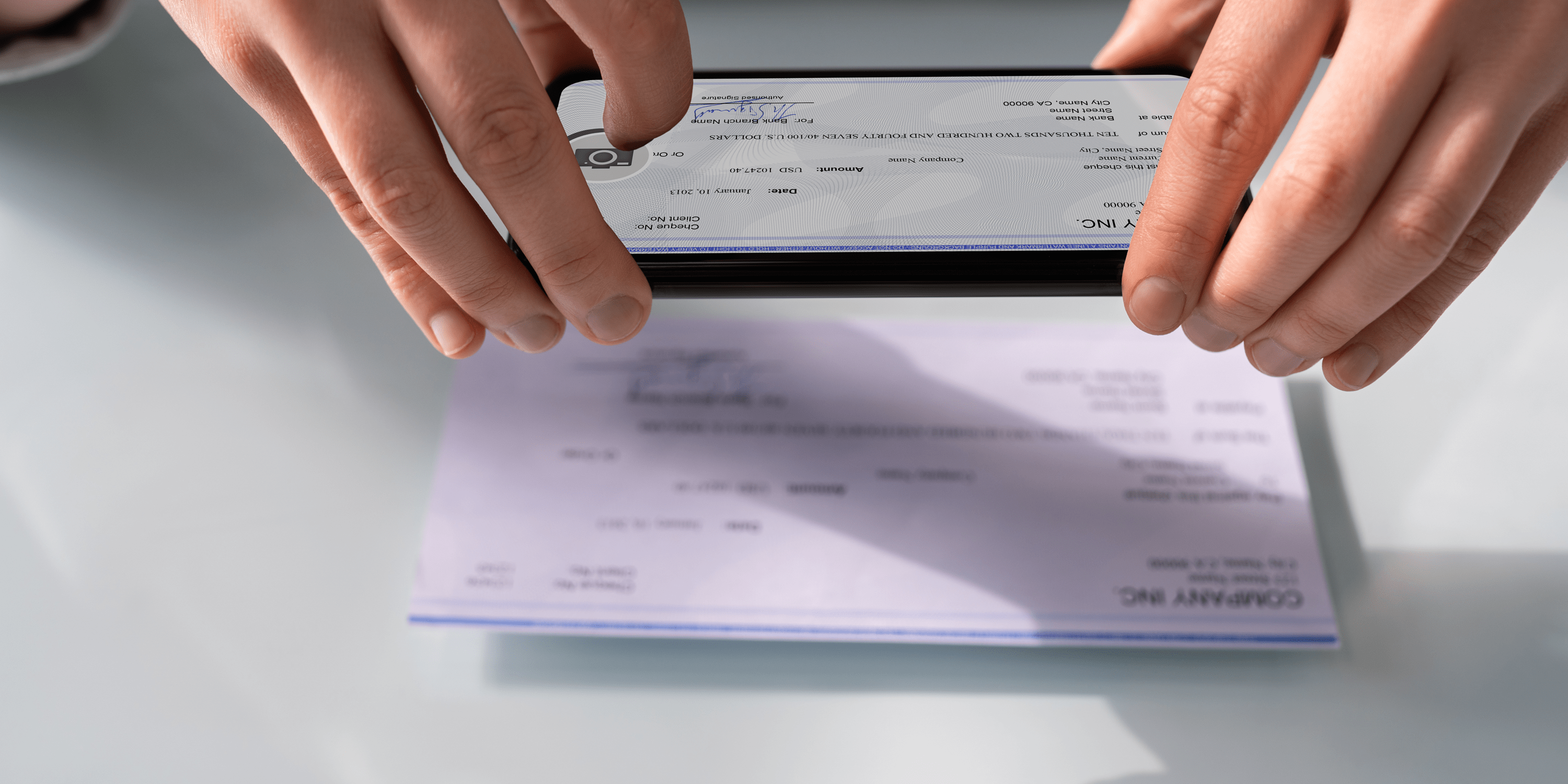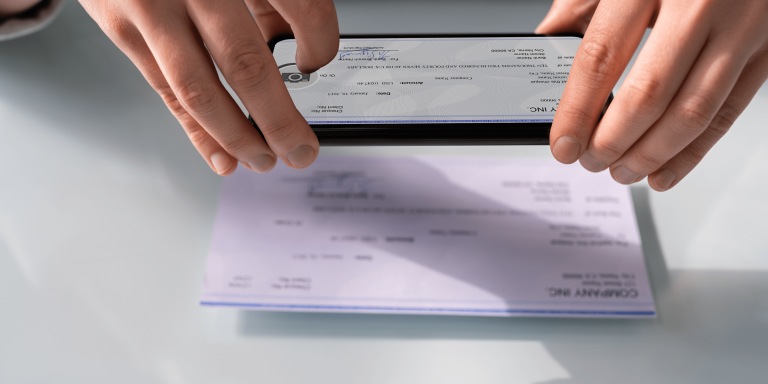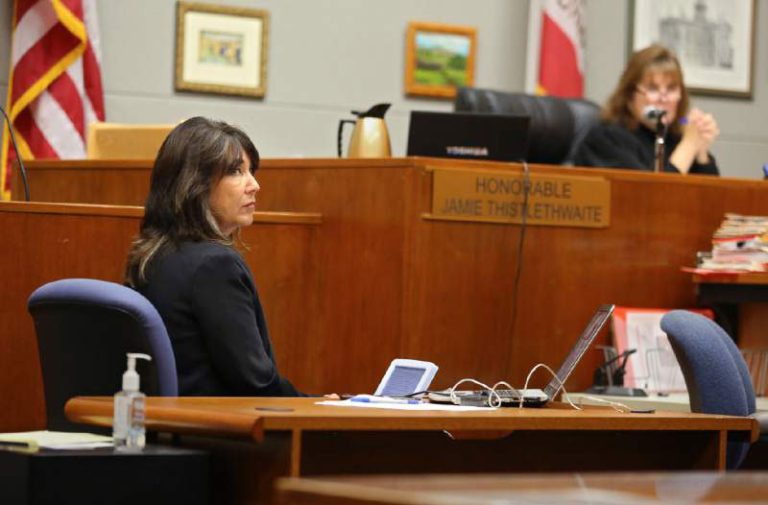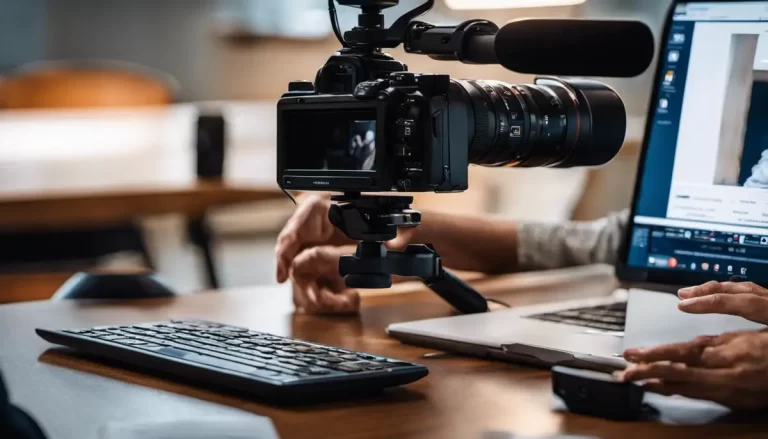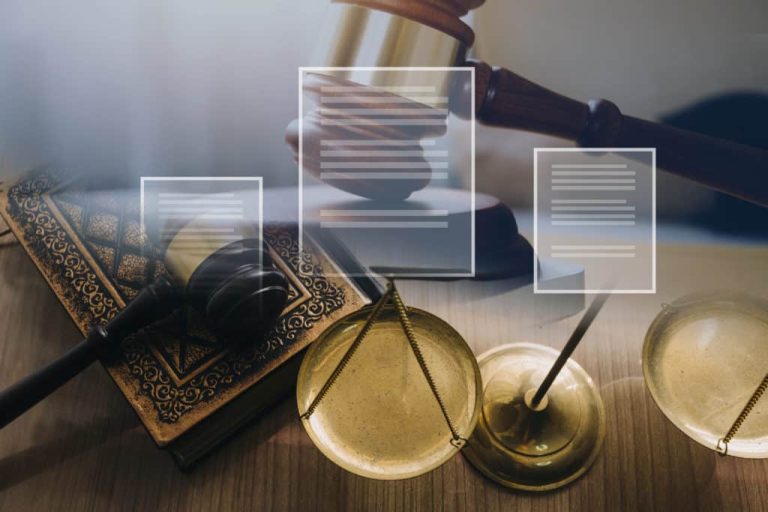In today’s fast-paced world, the legal business seeks new ways to adapt and develop. Depositions have been transformed by technology. No longer must attorneys and witnesses meet in a conference room, juggling schedules and travel. The advent of video conferencing for depositions has revolutionized justice.
Imagine deposing a witness halfway across the country from your office. This is possible with video conferencing. It reduces time and removes geographical barriers to justice for clients and attorneys.
Benefits of Using Video Conferencing for Depositions
Video conferencing has transformed depositions, improving justice. Eliminating travel saves time and money. Attorneys and witnesses can attend depositions worldwide via video conferencing.
Increased flexibility is another benefit. Since participants can join from anywhere at any time, video conferencing reduces scheduling difficulties. This saves time and improves case coordination.
Video conferencing can drastically minimize carbon emissions from travel to deposition sites. As sustainability becomes more important globally, eco-friendly practices like this show a legal profession committed to ethical decision-making.
For depositions, video conferencing offers cost savings, flexibility, accessibility, legal team collaboration, information accuracy, and reduced environmental impact. These benefits explain why more law firms are adopting this unique method to increase justice for all parties in judicial proceedings.
Challenges and Solutions for Conducting Video Depositions
Video depositions can be difficult. Video conferencing technology dependability and quality are important challenges. Technical issues like inadequate audio or video connectivity can disrupt the deposition and frustrate everyone. To solve this problem, you need high-quality video conferencing equipment and a reliable internet connection.
Video depositions can also be difficult for participants to communicate. Without being in the same room, non-verbal cues can be ignored or misread, resulting in incomplete testimony. Lawyers must be aware of this constraint and adjust their questions by giving clear instructions or asking for clarification. Video depositions raise privacy problems. Secure transmission and storage of sensitive data are crucial to client confidentiality. Encrypted platforms with rigorous security can reduce these threats.
Legal Considerations for Video Depositions
Legal issues arise while conducting video depositions. Make sure all parties agree to video conferencing for the deposition. Each side may need to give written authorization and understand the implications of a video deposition.
Video depositions must also follow privacy and confidentiality requirements. Lawyers must secure sensitive deposition information and comply with data protection rules.
Remote video conferencing may affect jury impression and witness credibility; thus lawyers should consider it. Proper lighting and eliminating distractions can help keep the deposition professional.
Legal professionals can use video conferencing for depositions while adhering to ethical standards and guaranteeing fair processes by carefully addressing these legal factors.
Case Studies: Successful Implementation of Video Conferencing for Depositions
Video conferencing in law has grown in recent years. This technology has helped many legal firms and courts simplify depositions and make justice more accessible.
One example comes from a huge law practice that handles multistate complex litigation. Video-conferencing depositions saved time and money. Attorneys might focus on other work and save money by no longer traveling far to depositions.
Video conferencing for depositions worked for a tiny law office. Their office location hindered their ability to handle big groups for in-person depositions. They easily held virtual group meetings using video conferencing. This saved space and made everyone’s life easier.
These case studies show legal video conferencing success. Many law companies and courts prefer it because of its cost savings, efficiency gains, and justice access.
As technology improves and becomes more user-friendly, legal depositions will use video conferencing more. This innovative solution improves attorney teamwork and ensures equal access to justice regardless of location or resources. As organizations use this revolutionary tool to improve their practice or judicial systems, the future seems bright.
Future of Video Conferencing in the Legal Industry
With technology improving and becoming more accessible, legal video conferencing has a bright future. As remote labor becomes more widespread, video conferencing makes depositions easier without all parties being present.
Integrating VR and AR into video conferencing services is a promising area for development. If attorneys could virtually walk through crime scenes or view evidence from different viewpoints during depositions, presentations would be more effective and cases would be stronger.
Many law firms currently use video conferencing, but it’s primed for even more development and innovation. Adopting technological advancements like VR/AR integration, user experience enhancement, AI-driven features, real-time transcription, and enhanced security measures will revolutionize depositions and increase access to justice.

